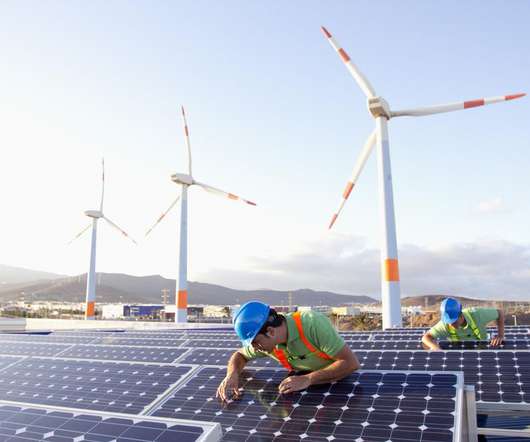IEEE’s Plan To Help Combat Climate Change
Cars That Think
MAY 5, 2022
The IEEE Board of Directors formed an ad hoc committee on climate change in February to coordinate its response to the global threat. Why should IEEE be involved in combating climate change? Why should members care about climate change? Rahman: Climate change is an existential threat to humanity.






























Let's personalize your content